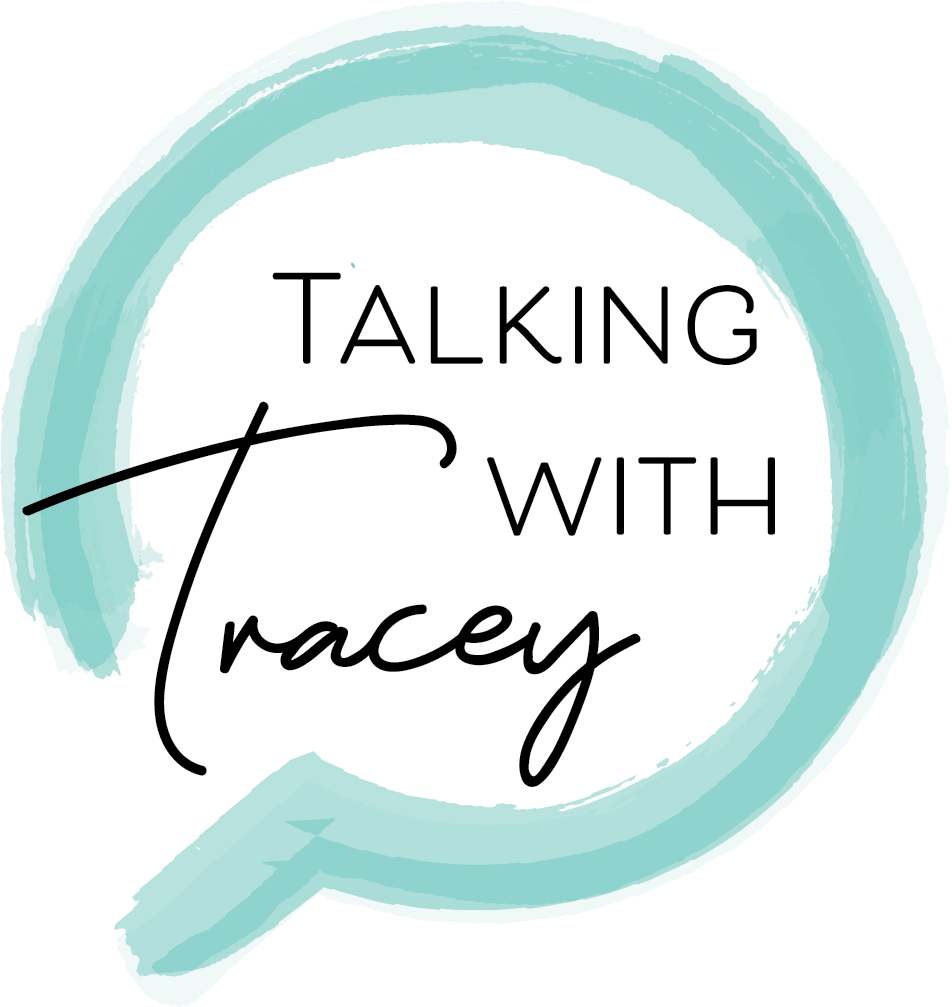I truly believe all kids will do well if they can. Lots of people think kids will do well if they want to. I think they’re wrong. I first read about this idea in Ross Green’s book, The Explosive Child.
Developmentally kids are born people pleasers until they reach about age 12. Then hormones and lived experience start to create some interesting issues, but up until that time, kids want to make you (the adults) happy. So, if your child is struggling to “behave” maybe ask yourself and your child-what’s getting in the way? Maybe your expectations don’t match his ability? Kids will do well if they can, so if they’re not doing well—it’s on us to figure it out.
Most of the kids I know and work with aren’t walking around trying to figure out how to upset you and push all your buttons. Developmentally, they can’t even create those kinds of calculated thoughts. If kids aren’t doing well, there’s always a reason. Sometimes it’s simple—they’re tired or hungry or you’ve reached the limit of shopping they can handle. That’s on you, not them. Adjust your expectations and be proactive, not reactive.
If your daughter has a problem remembering to hang up her clothes-she’s not doing it because she wants to watch you lose your mind for the 12th time this week. She might just be forgetting--kids do that--they honestly forget. So instead of yelling at her “I’ve told you 3 times to hang up your clothes! I’m taking your phone away for the night!” Try “It looks like you’re having a hard time remembering to hang up your clothes each day, let’s brainstorm some different ways to help you remember.” Hear the difference?
Kids brains are developing well into their 20’s, especially the frontal lobe which control all the executive functions. Executive functions are what can be called the brain’s Board of Directors. They control things like starting a task, remembering information, controlling impulsive behaviors, regulating emotions, time management, and organization.
In kids, the board of directors isn’t fully functioning. Some days they don't show up at all, sometimes only a few are at the meeting, other times board members might be asleep or fighting with each other. This is especially true for kids with ADHD, but it’s also important to remember that these executive functions develop over time in all kids.
So, when it seems like you’ve been battling all day with your kids about not listening, making a mess, fighting with their siblings, or forgetting things; please remember kids do well if they can. Take a minute and talk with her about the struggle and create a plan to solve the problem.
If your child is struggling academically, it’s your job to figure out why. There is a reason, and 95% of the time that reason is NOT because of the teacher. The reason could be a hundred things like he’s not getting enough sleep at night, he needs his hearing or vision checked, it might be a learning disability or ADHD—there’s always a reason.
That reason needs to be figured out and dealt with, not ignored. I have zero tolerance for anyone who says things like “she just needs to try harder” or “if he would just apply himself more” or “I know she’s capable, she just needs to do the work.” There’s a reason and it’s our job as parents to do whatever it takes to figure it out. If she could do well, she would do well.
Once I really embraced this idea, it was pretty easy for me to stop yelling and start problem solving. I saw my kids very differently. Their behavior didn't feel personal anymore. I no longer felt the need to “win” a battle about taking out the trash. I understood it was my job to help them figure out what the roadblock was, but they weren’t purposely throwing up the roadblocks.
It’s not magic, they’ll still drive you to the edge of insanity sometimes, but this perspective gave me a completely different toolbox to use when I found myself walking the ledge.
Photo by Jimmy Dean on Unsplash


